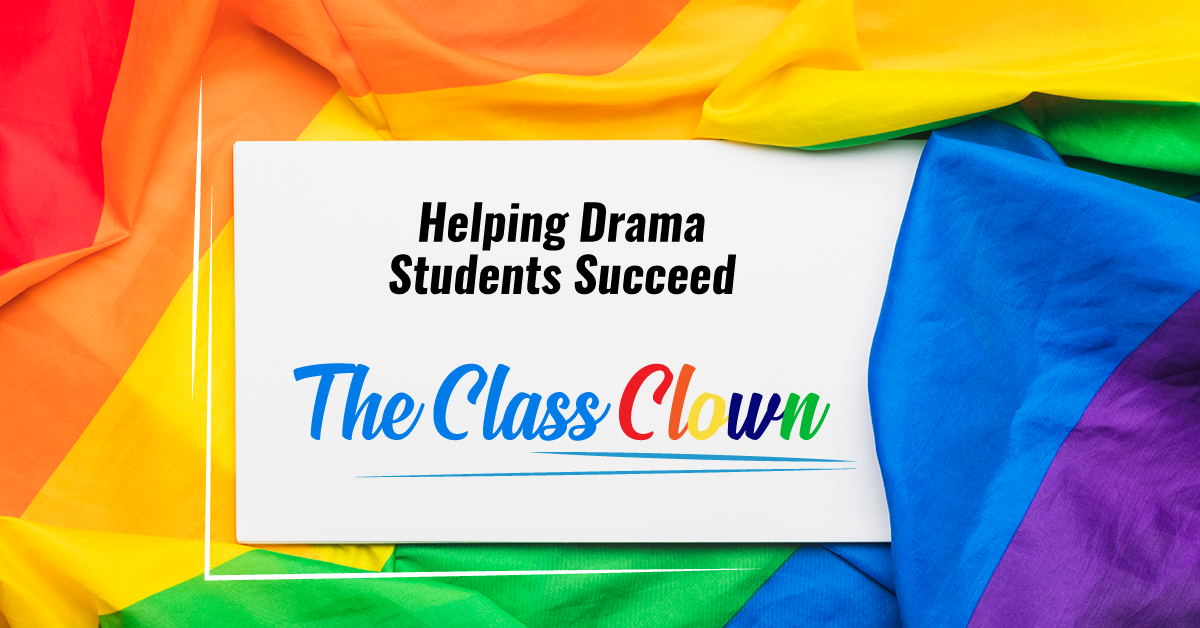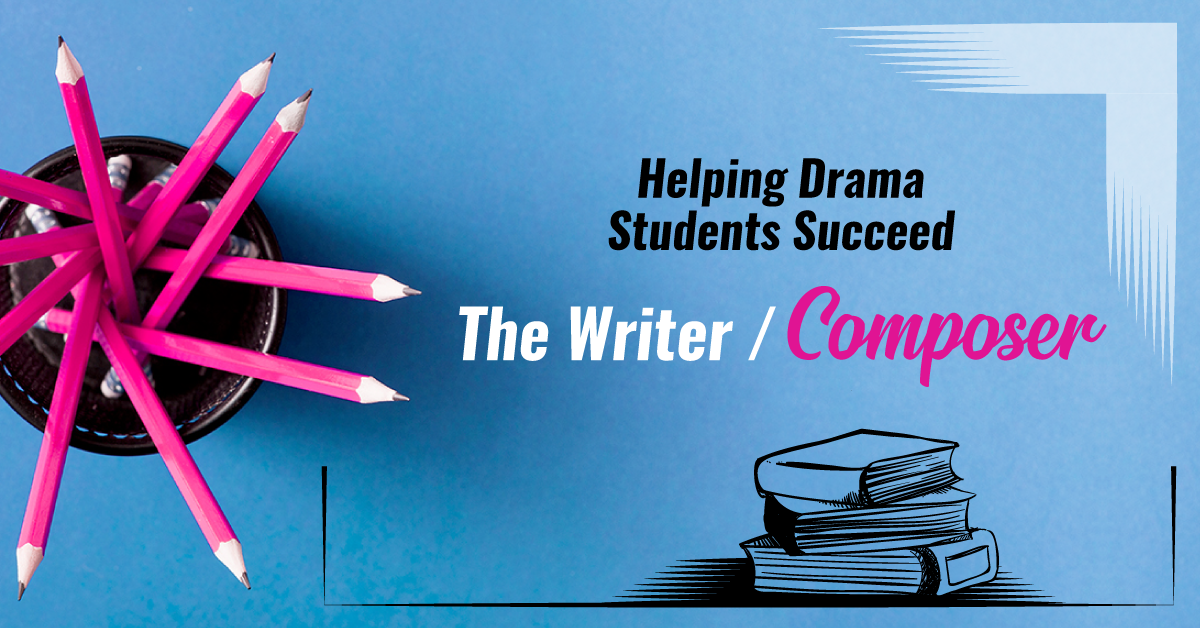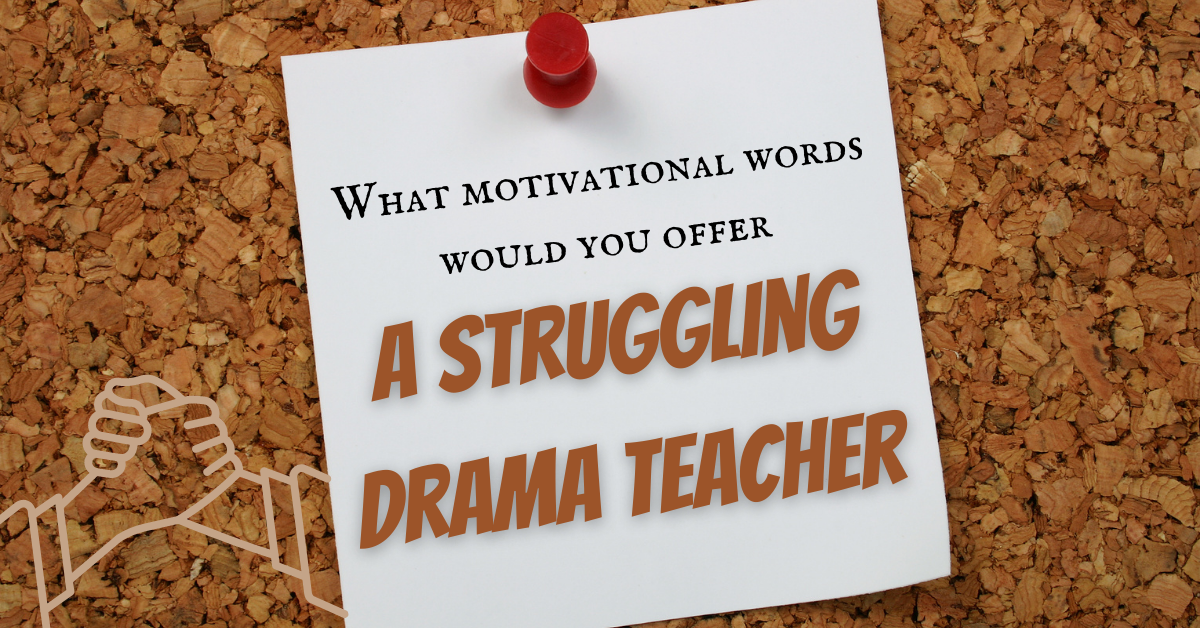Helping Drama Students Succeed Part 4: The Class Clown
This month we’re focusing on helping different types of students in your drama class succeed. In the fourth and final part of this series, we’re focusing on the class clowns. Going back to the High School Musical comparison, the class clowns are your outspoken and outgoing Chad Danforth types. They are loud and funny students who love to draw attention to themselves with their goofiness. They often take drama class because they think it’s an easy grade. They may secretly enjoy drama class but don’t want to admit it.
Class clowns have wonderful energy and a great sense of humour, and they’re often talented performers because they’re fearless. They’re eager to show off and make their friends laugh. They excel at theatrical techniques such as improv, sketch comedy, and clowning (of course). They usually enjoy playing theatre games but will often try to stretch or bend the rules to suit their own sense of humour.
Class clowns, however, are notorious for being disruptive in the classroom. They may irritate the drama enthusiasts because they don’t always take their work seriously; frustrate the writer/composers because they often improvise instead of sticking to the script; overwhelm the introverts with their boisterousness; and annoy teachers by distracting the rest of the class. The challenge for the drama teacher is to encourage the class clowns to maintain their enthusiasm and zest, while keeping them focused and on task.
Here are some tips to help your class clowns succeed:
- Be clear about behavioural expectations right away. Although drama class isn’t about sitting silently and reading textbooks, students still must observe the rules. There is a time and place for silliness in drama class, but it isn’t all class, every class.
- Class clowns may or may not realize how their disruptive actions affect others. Work on exercises that encourage teamwork, active listening, and nonverbal communication to help your students gain a more ensemble-based focus.
- Class clowns love being funny, but sometimes their jokes are only funny to themselves. Spend a unit focusing on various types of comedy throughout history, such as slapstick, commedia dell’Arte, or Shakespeare’s comedies, and let your class clowns discover where the funny comes from.
- Partner up your class clowns with your writer/composers and have them study comedy writing. Have them research comedy writers from their favourite television shows or movies and learn about their processes, and then write a sketch or scene based on one of those writers’ styles.
- Your class clowns may also enjoy doing a research project on their favourite comedians and sharing how those performers’ work influences them.
- Invite a fight director to teach your class safe techniques for pratfalls, trips, slaps, and other moves used in physical comedy.
- Try the warm-up game below, Keep Adding On, to practice creating safe physical humour, while working on listening and focusing.



